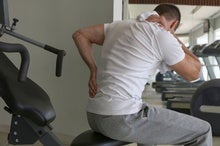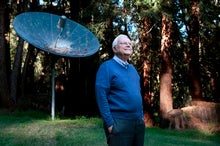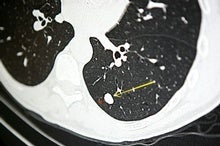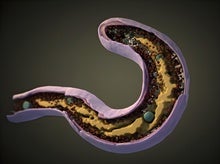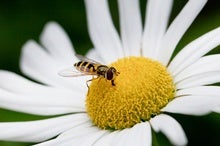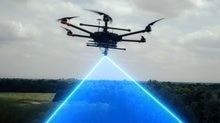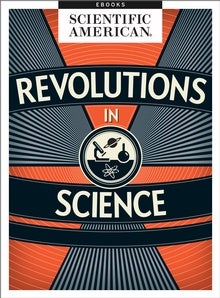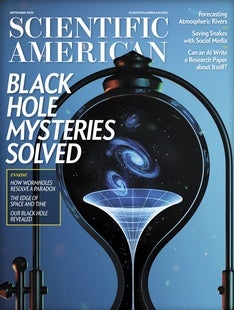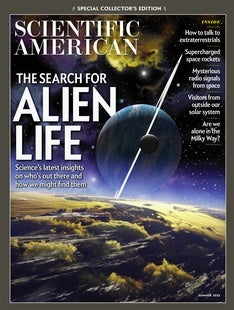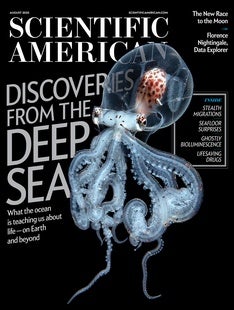 |
| September 09, 2022 |
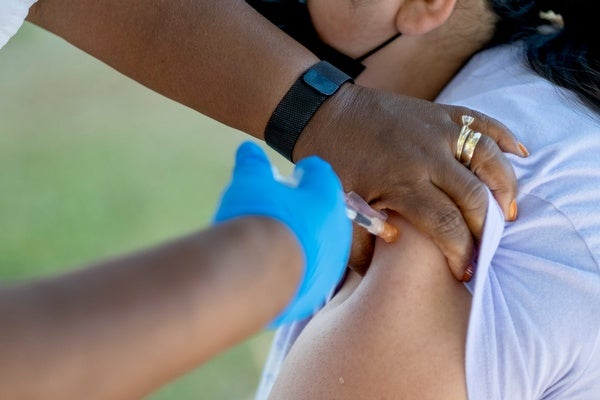 |
| Vaccines Omicron-Specific Booster Shots: 5 Questions Answered The U.S. Food and Drug Administration has authorized updated COVID booster shots that target the Omicron BA.4 and BA.5 subvariants. Here's what experts know By Prakash Nagarkatti,Mitzi Nagarkatti,The Conversation US | |
| |
| |
| |
| |
| |
| |
| |
| |
| |
| |
| |
| |
FROM THE STORE
 | | Revolutions in Science Normally science proceeds in incremental steps, but sometimes a discovery is so profound that it causes a paradigm shift. This eBook is a collection of articles about those kinds of advances, including revolutionary discoveries about the origin of life, theories of learning, formation of the solar system and more. *Editor's Note: Revolutions in Science was originally published as a Collector's Edition. The eBook adaptation contains all of the articles, but some of the artwork has been removed to optimize viewing on mobile devices. |  | | |
BRING SCIENCE HOME
 | | Build a Bristlebot That Moves without Electricity |  Go, robot, go! How can you race robots without any electrticity? With the power of vibration. Try this activity with a friend and see who can build the speediest vibrobot! Credit: George Retseck | Bristlebots are a fun and popular type of robot made from the head of a toothbrush, a small watch battery and a tiny vibrating motor like the kind found in electric toothbrushes. Although these electronic parts can be hard to find around the house, you can still build bristlebots if you make a simple vibrating table instead. This project will show you how to do it—no electronic parts required! | |  | |
LATEST ISSUES
 |
| |
| Questions? Comments?  | |
| Download the Scientific American App |
| |
| |







